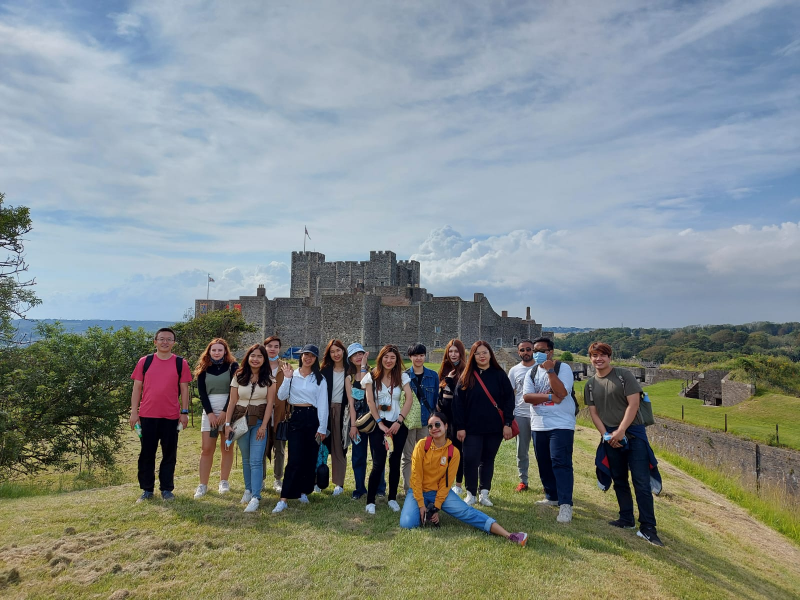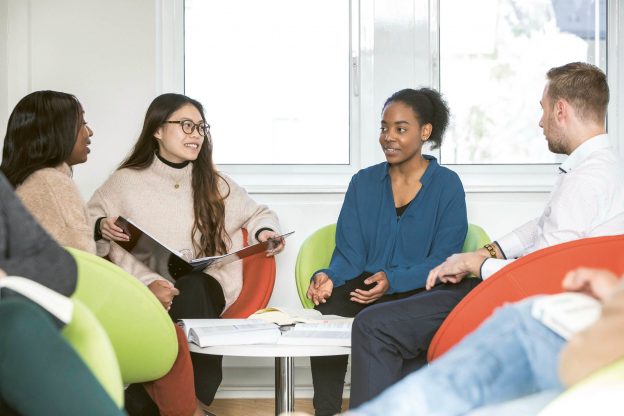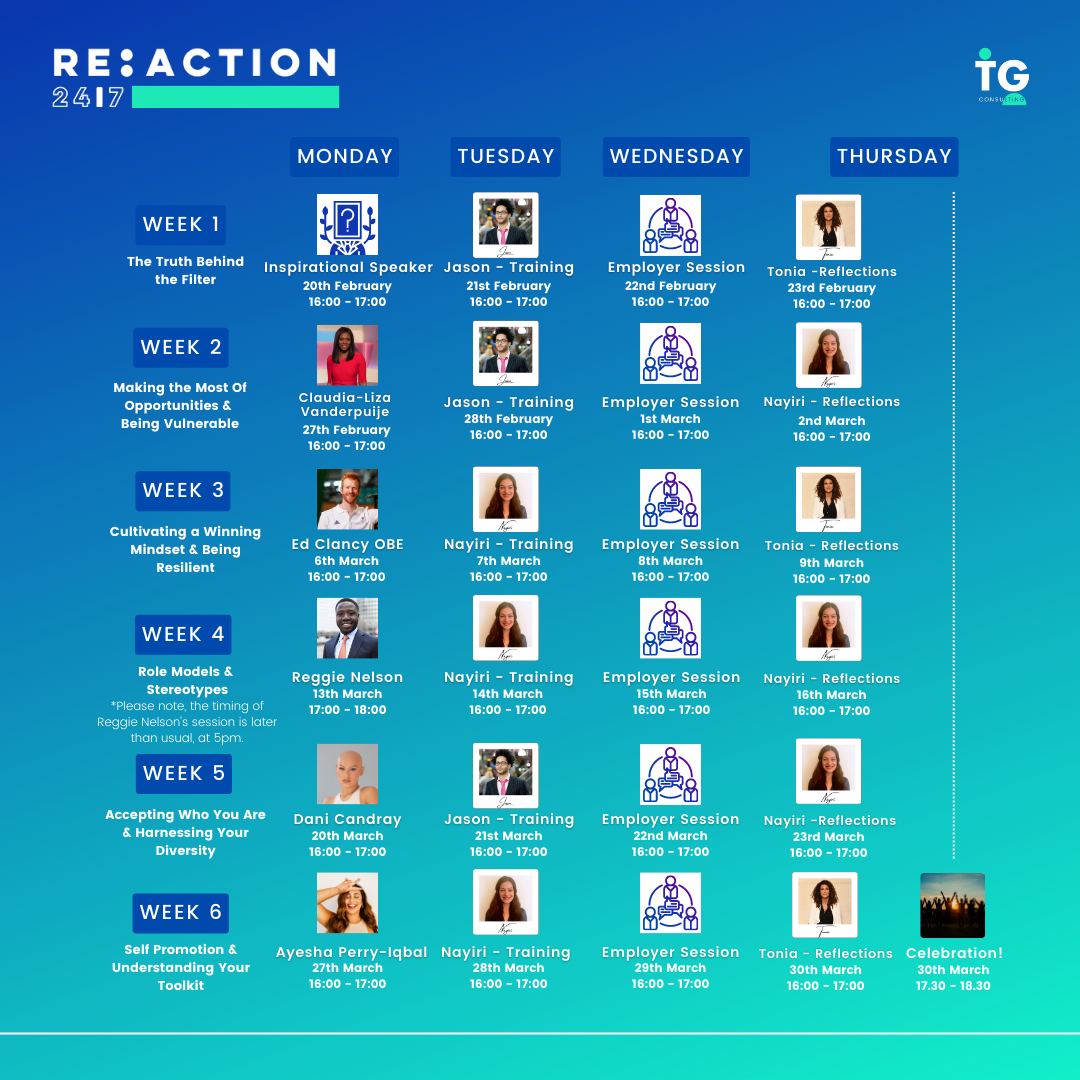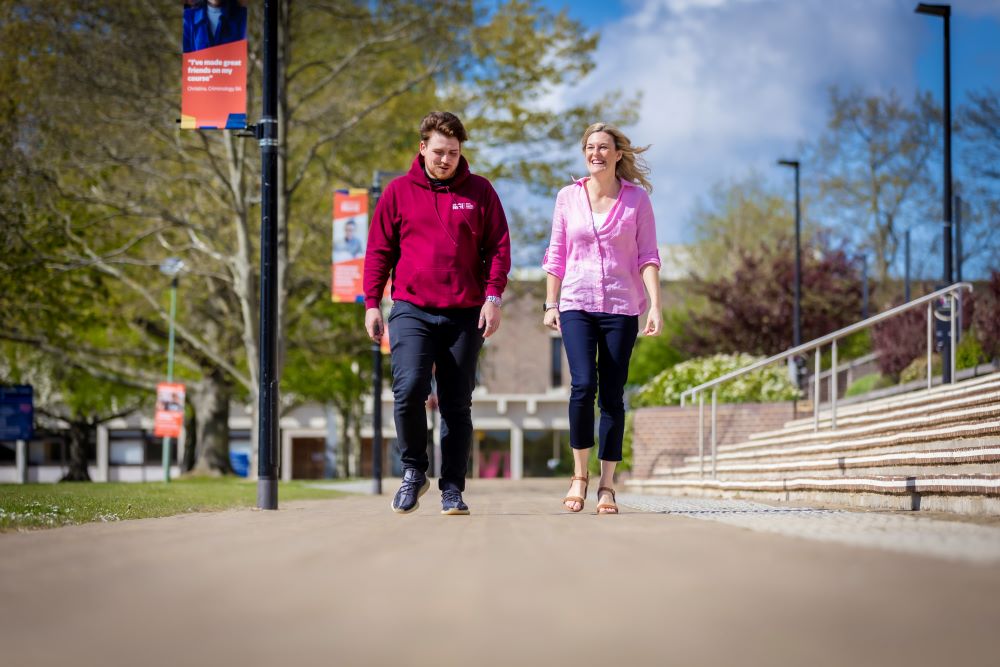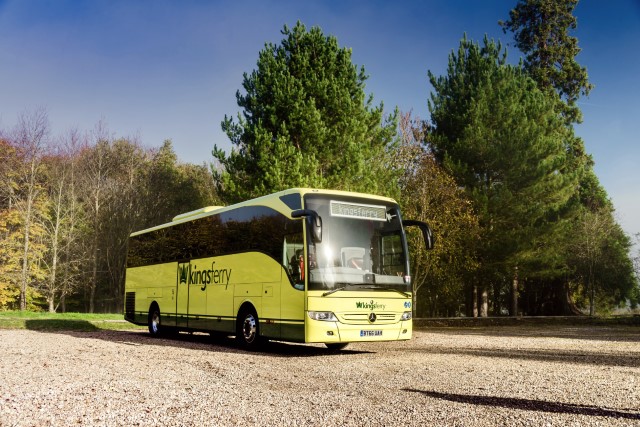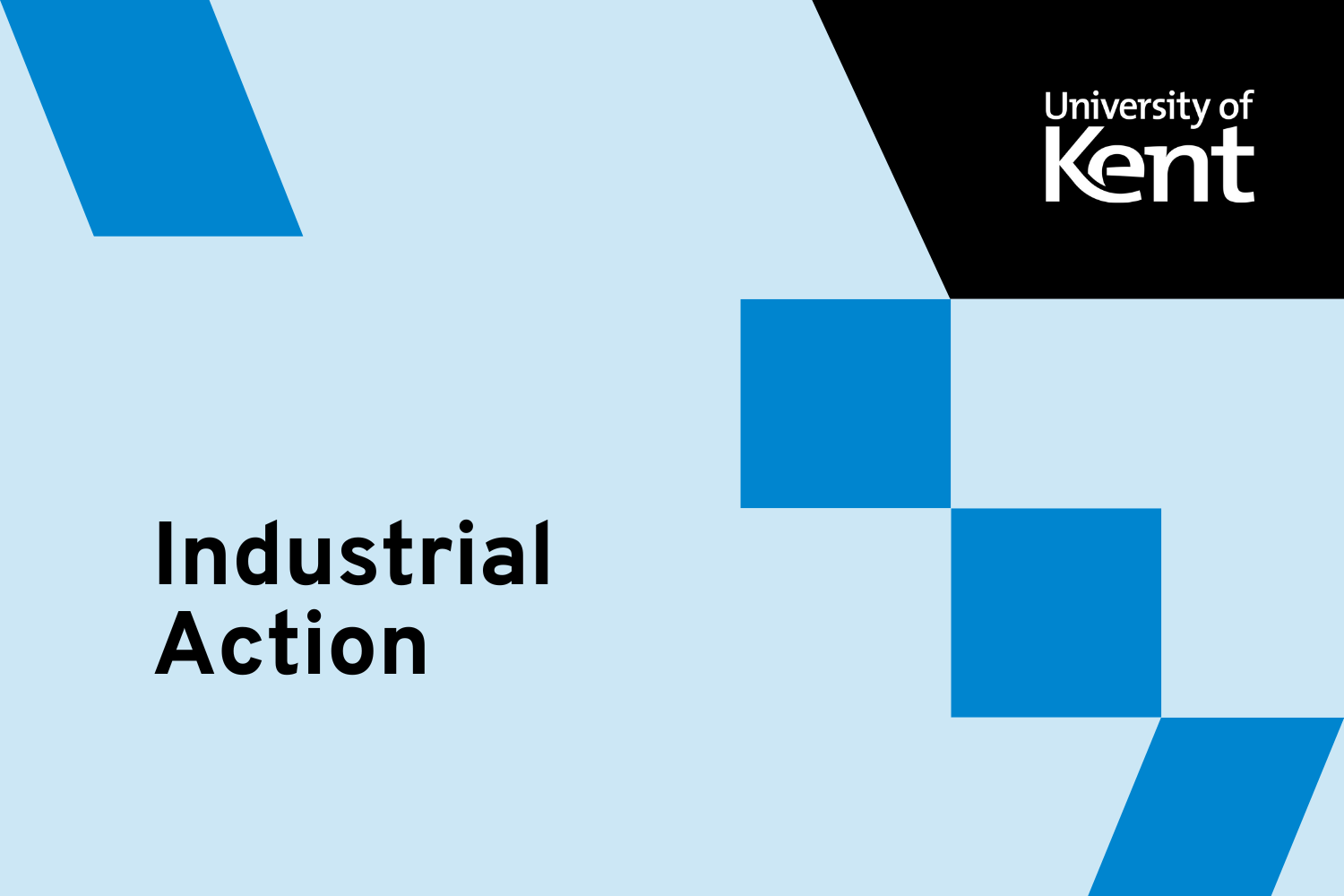Here’s a roundup of what’s on this week, including more LGBT+ History Month events, talks and workshops you can join and of course some pancakes for Pancake Day!
Industrial action update: All UCU strike days this week (and next week) have been postponed, meaning your lectures and classes for the next fortnight will go ahead as planned.
Tuesday: Pancake Day and LGBTQ+ events
Tuesday is Pancake Day and you can find lots of pancake options from our catering outlets including the Gulbenkian Café, Mungo’s and Dolce Vita. Or if you feel like making your own, you can join the Keynes Residential Life Assistants for their Pancake Party in Dolce Vita.
Make your own pronoun badge at The Hub or join this online session about how to find LGBTQ+ inclusive employers when applying for jobs and placements.
Wednesday: Postgrad Open Event, managing stress and anxiety workshop, Turkey-Syria support drop in and Medway Talks
Considering postgrad study? Book a place at our Postgraduate Open Event in Sibson on Wednesday evening to find out more about our PG courses and exclusive scholarships and funding for Kent grads.
If you need some better ways to manage stress, consider joining this practical online workshop for managing stress and anxiety. Find out how mindfulness practice can give us tools to build our resilience in the face of study, work and life challenge.
If you’ve been affected by the Turkey-Syria earthquake and would like a space to talk about how you are feeling, please come along to Locke Building 13:00-14:00 where Student Support and Wellbeing Advisers, College and Community Life Officers and Kent Union staff will be there to talk to you and offer support.
The Medway Talks open lecture series continues with ‘Mathematics, Memetics and Artificial Intelligence: An exploration through performance’ by Dr Neil Saunders from University of Greenwich.
Thursday: Heartstopper Marathon (Medway) and effective job applications
You can binge watch the entire series of Heartstopper on Thursday at the Hub (or join for however long you want!) as part of LGBT+ History Month.
Build your confidence by attending this online session all about job applications. Learn about different application processes and how to effectively use job descriptions and person specifications to make successful applications.
Friday: Zine making workshop
Come and explore zines from the visiting Queer Zine Library – a mobile library celebrating LGBTQ+ self-publishing. Create your own zine or just browse and discuss zines.
Opportunities
- See cost of living support including emergency funding and access to food
- Become an International Programmes Ambassador to help organise and provide a programme of social events for our pre-sessional and short course students (paid role, deadline Sunday 26 Feb)



